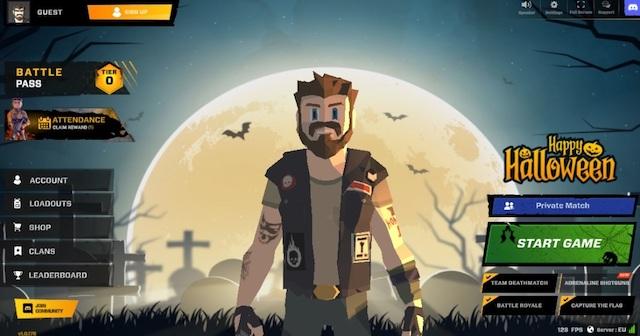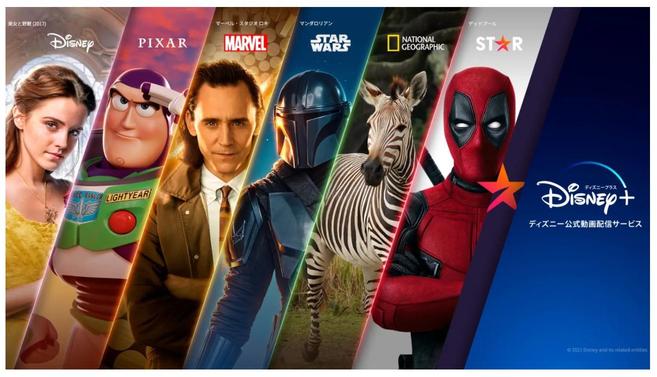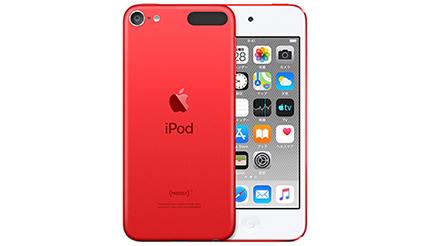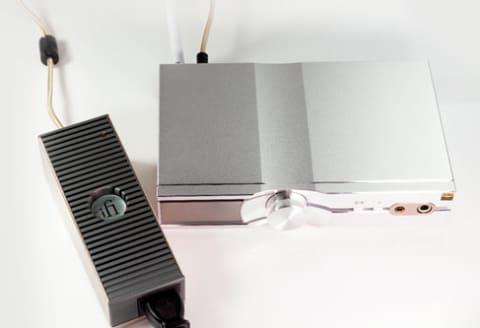(Continued from last time) "Mini Royale: Nations" provided by Faraway has already been supported by many players, and virtual economy updates are planned. Faraway acquired the game from Turkish developer Cem Demir. Cem Demir had created a web game, but hadn't considered monetization yet. The developer now runs Faraway Labs.
Paley said, ``We've improved the core gameplay and introduced a lot of systems for the economy. I feel that we are in a strong economic zone,” he said.
Mini Royale: Nations, the first live multiplayer game to launch on the Solana blockchain, is a browser-based first-person shooter game that requires no third-party clients or installations, so it can be played on any hardware. Ready to play.
Decentralized gaming is the next frontier for blockchain technology, says Anatoly Yakovenko, CEO of Solana Labs. He also said the game Faraway is building has the potential to bring Web3 to hundreds of millions of users.
The main advantage of Faraway's model is that browser-based games do not have stringent hardware requirements, making it easier for users around the world to participate. Additionally, this accessibility enables native integration with existing Web3 wallets.
According to Paley, Faraway's first-person shooter titles are correct because they make heavy use of social and cooperative gameplay, a key design element in traditional games of various genres. It was accepted by the players.
Mini Royale: Nations, on the other hand, fuses these fundamental design principles with evolving virtual worlds and an open economy that should be accessible to people of all strata and socioeconomic status. Emphasizes adherence to Faraway principles. Today, the company has 40 employees in Miami and multiple countries. The company is currently expanding its business in all divisions.

While we may remember Valve's digital distribution service Steam banning blockchain games (perhaps because they might be considered gambling games in Washington State), Paley is open to reaching gamers. I think the web is the best. Epic Games' Epic Games Store claims to host such games, but Paley worries they could change their minds at any time.
In the future, we plan to introduce NFTs into the game in the form of characters, skins, weapons, etc. NFTs use the security and transparency of blockchain digital ledgers to authenticate unique digital items, allowing players to buy and sell these assets. The roadmap also includes the introduction of tokens to further boost the economy.
While there is a lot of criticism of blockchain games and fears of regulators (as in the case of Valve), Paley said, "People forget what the early freeplay market was like. Well, things have to start somewhere," he said.
Paley believes that NFT's business model is superior to Free-to-Play in terms of monetizing more players. This is because whales and free-to-play games can involve more users than focusing on the "2% of players who buy".
One of the benefits, Paley said, is that early fans have embraced blockchain games. So Faraway doesn't have to spend that $30 million on user acquisition. Tokens will eventually provide that.
Blockchain games have also been criticized for using a lot of computing power and energy. However, generating NFTs on Solana, which has its own blockchain protocol, reportedly takes less energy than boiling an ounce of water. “Other chains are solving these environmental problems and will be more sustainable in the long run,” Paley said.
[via VentureBeat] @VentureBeat
[Original]
BRIDGE operates a membership system "BRIDGE Members". BRIDGE Tokyo, a community for members, provides a place to connect startups and readers through tech news, trend information, Discord, and events. Registration is free.Free member registration




